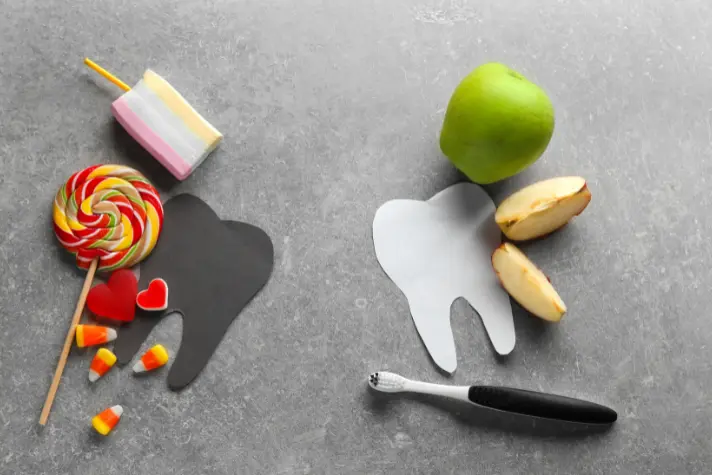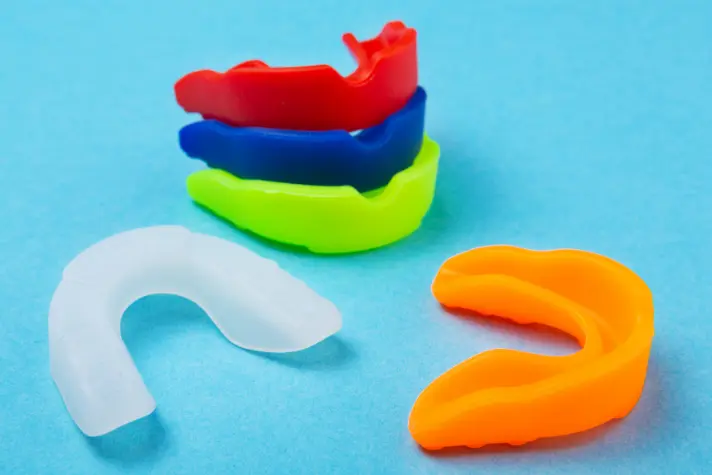
Oral health is a crucial aspect of overall well-being, often overlooked in the hustle and bustle of daily life. It encompasses more than just having a bright smile; it’s about maintaining healthy teeth and gums, which in turn affects our general health and quality of life.
Proper oral hygiene is integral to preventing dental problems such as tooth decay and gum disease, which can lead to more serious health issues if left untreated.
Good oral health also supports overall physical health, as research has shown links between oral conditions and other health concerns like heart disease and diabetes.
Essential Tips and Recommended Practices for Oral Health
In this comprehensive guide, you will explore essential tips and practices recommended by oral health experts, ensuring that you are well-equipped to take care of your oral hygiene effectively.
1. Regular Dental Checkups
The foundation of good oral health lies in regular dental checkups. Visiting an oral health expert at least twice a year is not just for teeth cleaning, but also for early detection and prevention of potential dental issues. They can find problems like cavities, gum disease, and even oral cancer that might be difficult to diagnose.
Additionally, regular checkups allow your dentist to monitor the effectiveness of your oral care routine and make necessary adjustments to ensure optimal dental health.
Dentists can provide personalized advice and treatment plans based on your specific needs, but it is important to make regular appointments in case things change or progress in any way.
2. Proper At-Home Care
Brushing your teeth twice a day is a well-known rule, but equally important is the technique.
First, you should use fluoride toothpaste. Then, with a soft-bristled brush, you should brush in a circular motion, ensuring you cover all surfaces of each tooth. Don’t forget to gently brush your tongue to remove bacteria and freshen your breath, as well.
Flossing is another essential, yet often neglected part of oral care by many people. It removes plaque and food particles from places where a toothbrush can’t reach. You should try to floss at least once a day to reduce the risk of gum disease and tooth decay.
Mouthwash can go where toothbrushes and floss can’t, ensuring that your mouth is cleaned thoroughly. It reduces the amount of acid in the mouth, cleans hard-to-brush areas, and re-mineralizes the teeth.
3. Improve Your Diet

Acidic foods and foods with lots of sugar cause the enamel of your teeth to erode, leading to cavities.
Therefore, you should try to limit your intake of sweets, carbonated drinks, and acidic fruits. When you do indulge, brush your teeth afterward to neutralize the acids quickly to keep them from causing any damage. As for what you should eat, add fresh and crunchy produce to your diet.
Fresh produce with some crunch not only contains more healthy fiber, but it’s also the best choice for your teeth. Crunchy fruits and vegetables help to clean your teeth and remove plaque naturally.
4. Quit Smoking
Smoking is detrimental to oral health, increasing the risk of gum disease, tooth loss, and oral cancers. The chemicals in tobacco products not only damage gum tissue but also reduce the ability of your mouth to fight infection, leading to a slower healing process after dental procedures.
Additionally, smoking contributes to bad breath and stains on teeth, which can affect both your appearance and self-esteem. Quitting smoking can reverse some of these effects and significantly lower the risk of developing severe oral health issues.
If you smoke, consider quitting. Your oral and overall health will improve and it could save your life.
5. Consider Mouth Guards

If you play sports or grind your teeth at night, wearing a mouth guard can protect your teeth from injury and wear. Custom-made mouthguards provided by dentists offer a better fit and more effective protection than over-the-counter options.
They are tailored specifically to the contours of your individual mouth. This personalized fit not only ensures comfort during use but also maximizes the guard’s effectiveness in distributing force and preventing dental injuries.
Additionally, for those who grind their teeth at night, a well-fitted mouth guard can prevent the wear and tear on tooth enamel, which can lead to sensitivity and more serious dental problems.
Conclusion
Maintaining good oral health is a lifelong commitment and involves more than just brushing and flossing. It’s about making smart choices that positively impact your teeth and gums.
Remember, your oral health is a window to your overall health, and taking care of it is an investment in your overall well-being.
Follow these tips, consult with your dentist regularly, and don’t hesitate to reach out to an oral health expert for specialized advice. With the right care, you can enjoy a healthy, beautiful smile for a lifetime.
About The Author:
Stacey Smith is a freelance health writer. She is passionate about writing about women’s health, dental health, diabetes, endocrinology, and nutrition and provides in-depth features on the latest in health news for medical clinics and health magazines.




